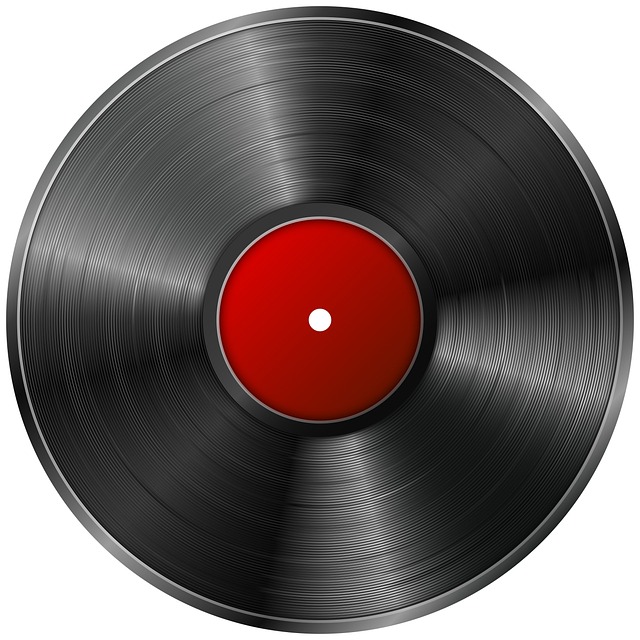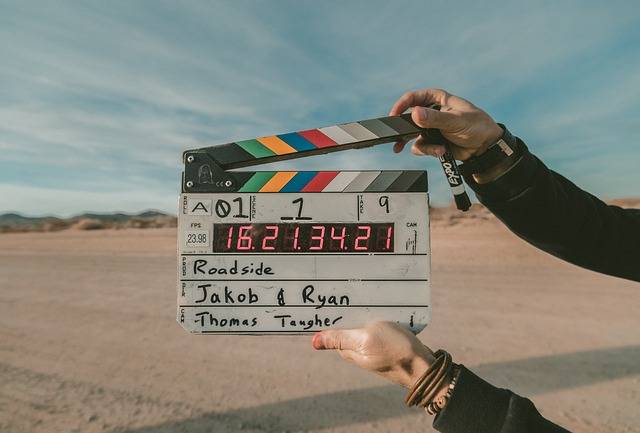The Evolution of DIY Music Production: From Garage Bands to Bedroom Producers
Over the decades, music production has undergone a remarkable transformation. From the analog days of tape recording to the digital era of computer software, the tools available to musicians have revolutionized the way music is created and shared. The shift from physical studio setups to home recording studios has empowered artists to take greater control over their sound and production process.
The advent of digital audio workstations (DAWs) has significantly streamlined the recording and editing processes, allowing for more efficient and precise music production. With the ability to easily layer tracks, manipulate sounds, and apply various effects, artists now have a vast array of creative possibilities at their fingertips. Additionally, online platforms for distributing music have made it easier for independent artists to reach a global audience without the need for traditional record labels.
Garage Bands: The Roots of DIY
Garage bands hold a significant place in the history of music, as they embody the essence of the do-it-yourself (DIY) ethos. Emerging in the mid-20th century, these bands often consisted of young musicians starting out in small, unconventional spaces like garages or basements. This grassroots approach allowed them to freely experiment with their sound, creating a raw and authentic style that resonated with audiences seeking something beyond mainstream music.
The rise of garage bands paved the way for a more democratic and inclusive music scene, where aspiring musicians could bypass traditional gatekeepers and connect directly with their listeners. By self-producing their music and organizing their own shows, garage bands demonstrated that talent and passion could flourish independently of big record labels or commercial interests. This DIY mentality not only empowered artists but also inspired a cultural shift towards valuing individuality, creativity, and community in the music industry.
Advancements in Technology
In the realm of music production, advancements in technology have revolutionized the way artists create and record music. With the advent of digital audio workstations (DAWs) and virtual instruments, the traditional studio setup has become more compact and accessible. Artists no longer need expensive recording equipment to produce professional-quality tracks; they can now create music from the comfort of their own homes.
Moreover, the rise of streaming platforms has transformed the way music is consumed and distributed. The accessibility of online streaming services has enabled artists to reach a global audience instantly, breaking down barriers that once hindered the exposure of independent musicians. Additionally, social media platforms have provided artists with new avenues to connect with fans and build a dedicated following, further democratizing the music industry.
How has technology changed the music production process over the years?
Technology has greatly revolutionized the music production process, allowing for easier recording, editing, and mixing of music.
What are some advancements in technology that have impacted music production?
Some advancements include digital audio workstations (DAWs), virtual instruments, plugins, and software that simulate analog gear.
How have garage bands influenced the DIY movement in music?
Garage bands have been instrumental in inspiring musicians to take a DIY approach to music production, leading to increased creativity and independence.
What are some examples of advancements in technology that have benefited garage bands?
Garage bands now have access to affordable recording equipment, software, and tools that were previously only available to professional studios.
How has technology made it easier for musicians to collaborate and share their music?
Technology has made it possible for musicians to collaborate remotely, share files, and connect with other artists from around the world, breaking down geographical barriers.







